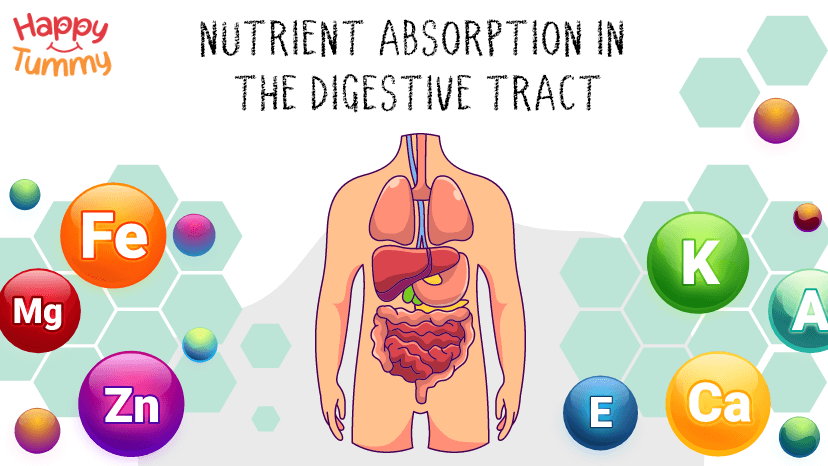The gut microbiome, a complex ecosystem of trillions of microorganisms residing in our digestive tract, plays a pivotal role in our overall health. This intricate community of bacteria, viruses, fungi, and other microbes influences various bodily functions, most notably digestion, nutrient absorption, and immune system regulation.
Digestion and Nutrient Absorption
The gut microbiome is essential for breaking down complex carbohydrates, fibers, and other nutrients that our bodies cannot digest alone. These microbes produce enzymes that facilitate the digestion process, ensuring that our bodies can extract the maximum amount of nutrients from the food we eat. Additionally, the gut microbiome synthesizes certain vitamins, such as vitamin K and some B vitamins, contributing to our overall nutritional status.
Immune System Regulation
A healthy and diverse gut microbiome is crucial for a robust immune system. The microbes in our gut interact with immune cells, training them to differentiate between harmful pathogens and harmless substances. This interaction helps prevent autoimmune diseases, where the immune system mistakenly attacks the body's own tissues. Moreover, a well-balanced gut microbiome can enhance the production of antibodies and other immune molecules, strengthening our defenses against infections.

Disruptions to the Gut Microbiome
Several factors can disrupt the delicate balance of the gut microbiome, including:
- Poor diet: A diet high in processed foods, sugar, and unhealthy fats can negatively impact the gut microbiome, leading to an imbalance of microbes and potential health problems.
- Antibiotic use: While antibiotics are essential for treating infections, they can also kill beneficial bacteria in the gut, leading to dysbiosis, a condition characterized by an imbalance of gut microbes.
- Chronic stress: Stress can alter the composition of the gut microbiome, potentially compromising its ability to function optimally.
Promoting a Healthy Gut Microbiome
To maintain a healthy gut microbiome, consider the following strategies:
- Eat a balanced diet: Focus on whole foods, fiber-rich fruits and vegetables, and fermented foods like yogurt, sauerkraut, and kimchi. These foods provide nourishment for beneficial bacteria and promote microbial diversity.
- Limit processed foods, sugar, and unhealthy fats: These substances can disrupt the balance of gut microbes and contribute to inflammation.
- Take probiotics and prebiotics: Probiotics are live beneficial bacteria, while prebiotics are non-digestible fibers that feed the good bacteria in your gut. Supplementing with probiotics and prebiotics can help restore and maintain a healthy gut microbiome.
- Manage stress: Practice stress-reducing techniques such as yoga, meditation, or spending time in nature. Chronic stress can negatively impact the gut microbiome, so finding healthy ways to manage stress is crucial.
The Future of Gut Microbiome Research
The field of gut microbiome research is rapidly evolving, with scientists constantly uncovering new insights into the intricate relationship between the gut microbiome and human health. As our understanding deepens, we can expect to see the development of more targeted therapies and interventions that leverage the power of the gut microbiome to improve digestion, nutrient absorption, immune function, and overall well-being.
Comments on “Digestion and nutrient absorptionImmune system regulation”